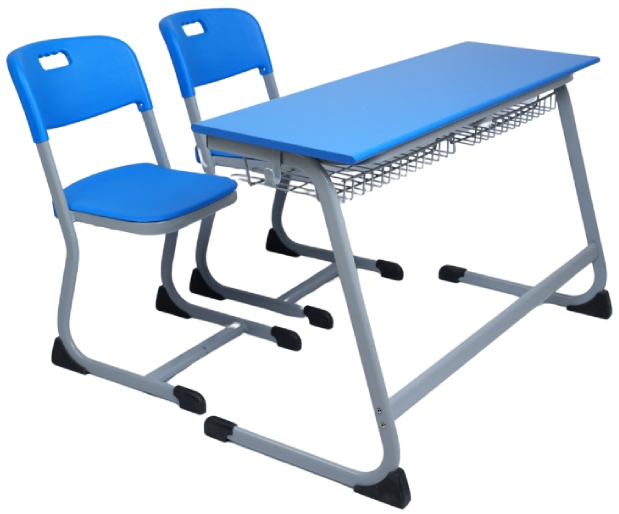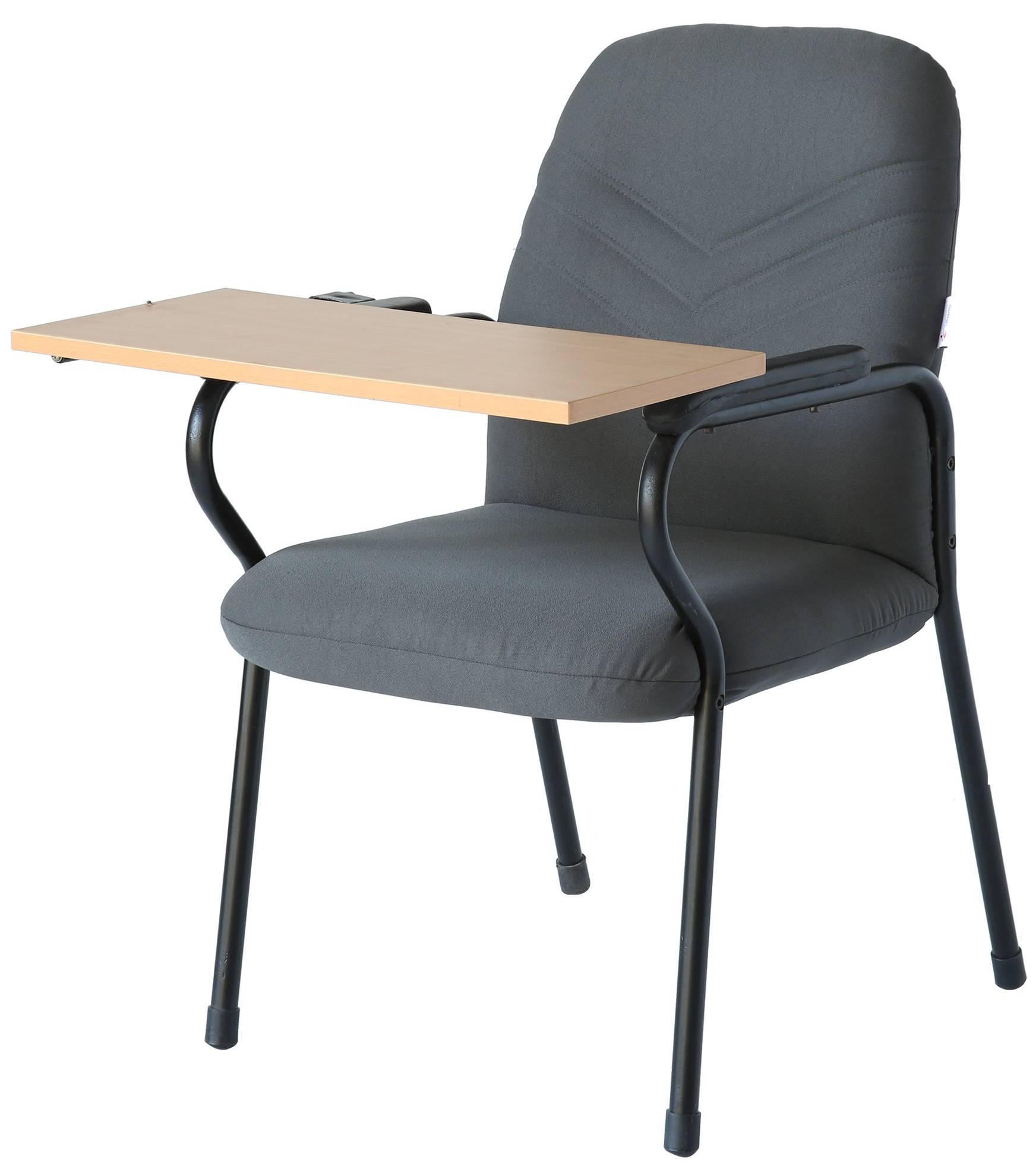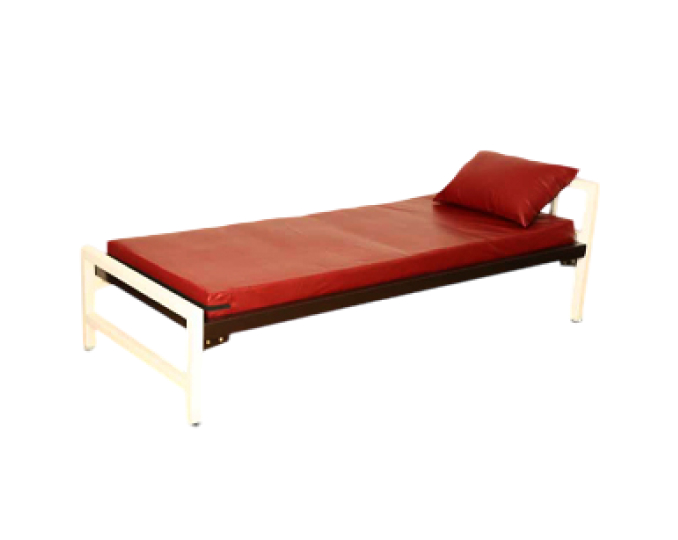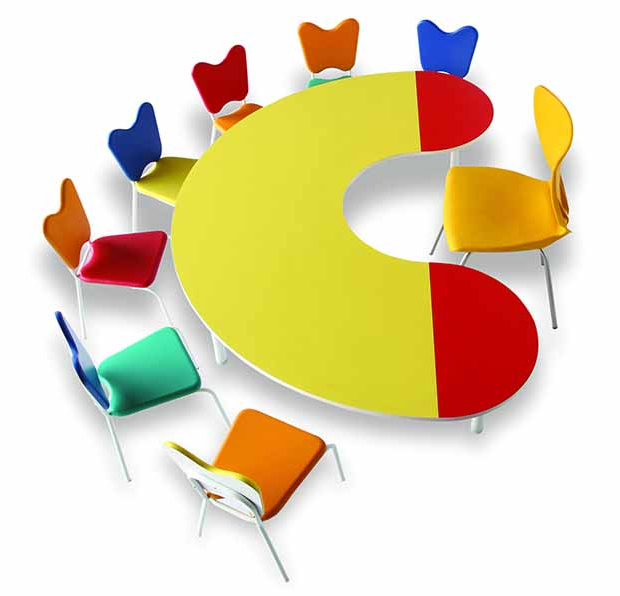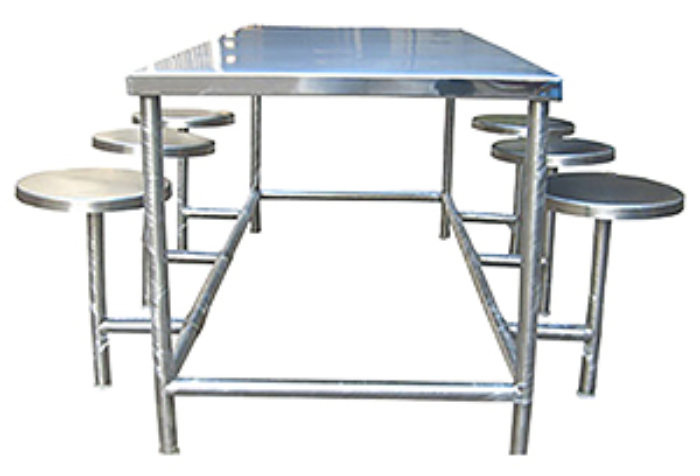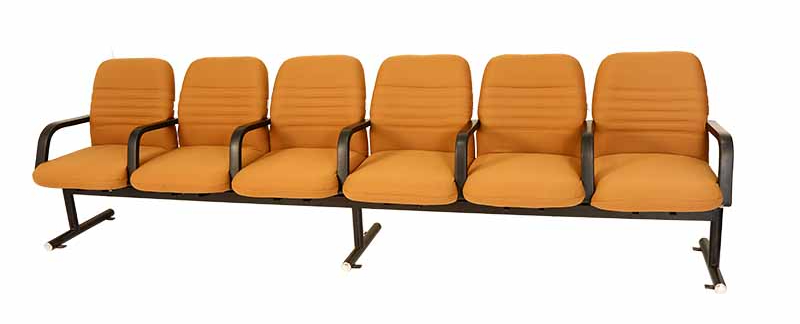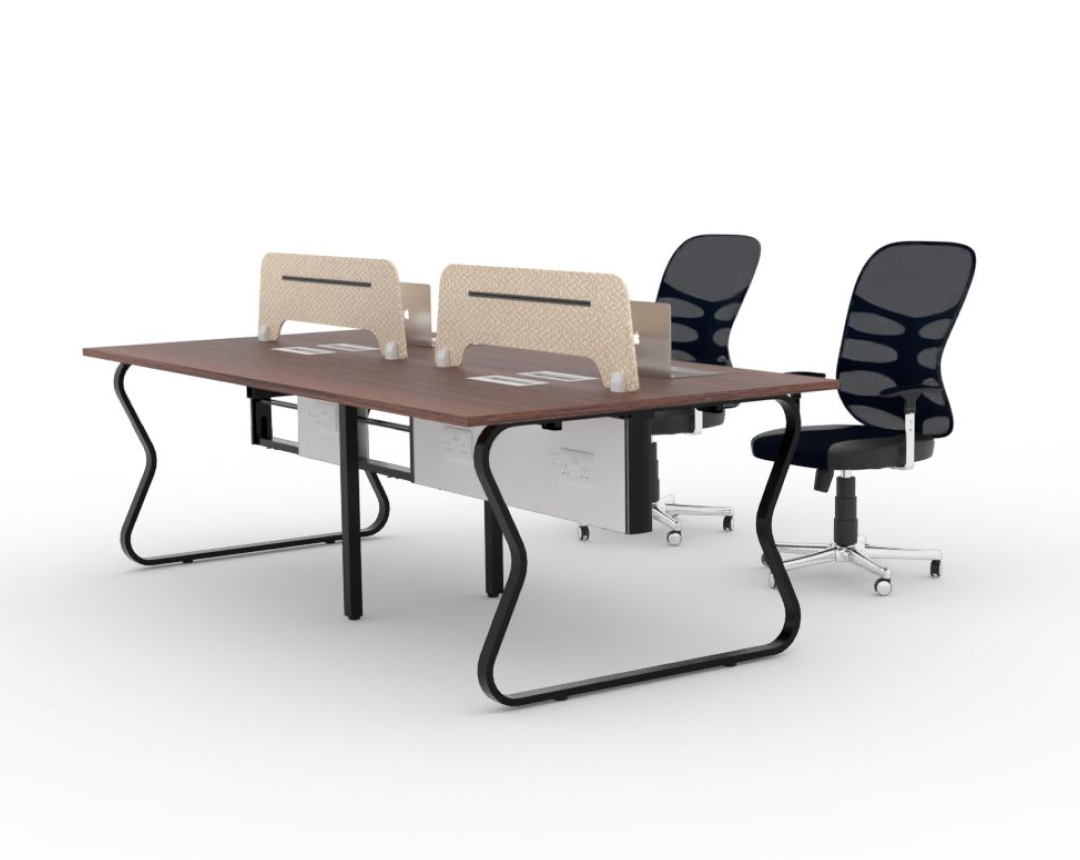A laboratory is a specially designated area, whether it is in a school, college, or research institute. It is a place that runs with specific protocols and procedures to ensure the safety of the people using its resources.
Most schools in Tamil Nadu have a lab for each science subject: biology, physics, and chemistry. Some schools even have labs for subjects like Computer Science.
Regardless of its purpose, a lab can only be effective if it is well-maintained, including the furniture. But why furniture? This is one of the key components without which a laboratory cannot function.
Inspace School Furniture is a top manufacturer and supplier of lab furniture for educational institutions. We offer a wide range of lab worktop tables, cabinets, and stools that can be customised to your specifications. Our lab furniture is made of the finest quality materials and built to last for generations of students. Such excellent furniture requires equally excellent maintenance practices.
This article covers some of the basics of school lab furniture maintenance and some great tips for cleaning and disinfection. Let’s first deal with the biggest furniture in the lab- the countertop tables.
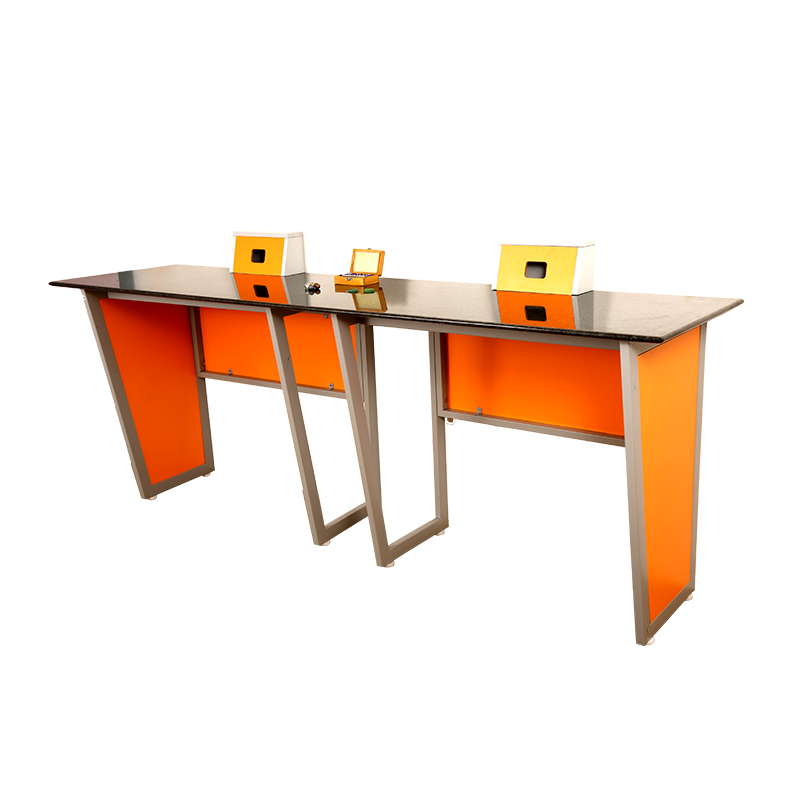
Guidelines For Lab Countertop Table Maintenance

A countertop table is the main school lab furniture that imparts a special appearance to any lab. In schools, all labs have a countertop table to allow students to:
- Write, draw, or refer to notes
- Keep lab materials like equipment, chemicals, and specimens.
- Perform experiments
Depending on their purpose, labs have wet or dry countertops. All Biology and Chemistry labs have countertop tables that include a small sink with taps. Besides, all countertops have access to electrical outlets fitted on the sides of the tables. Generally, all these aspects should be considered when scheduling countertop maintenance. You should:
- Ensure that all workstations are free of exposed electrical wires and cords.
- Avoid using water or chemicals while cleaning around electrical outlets.
- Keep all workstations dust-free and well-organised.
- Remove all lab equipment and tools from the countertops before cleaning them.
- Clean all test tubes, beakers, and other glass equipment separately.
- Declutter the surrounding areas to avoid spills and walking hazards.
- Protect yourself with latex gloves, goggles and lab coats.
- Ensure quick and unobstructed access to hand and eyewash stations in emergencies.
Generally, lab countertops are made of any one of these four materials:
- Epoxy resin
- Maple
- Phenolic resin
- Stainless steel
Each material requires different maintenance practices, which we have listed for your benefit.
- Use mild soaps, household detergents, water, and vinegar for regular surface cleaning.
- Use soft cloth or sponge to remove marring
- Polish epoxy resin with WD-40 or mineral oil.
- Avoid using waxes, polishes containing wax, hard sponges, powders, and liquids.
- Avoid dragging heavy equipment or leaving spills unattended.
- Use hard water, soap, and bleach to curb bacterial growth
- Use mineral oil to make maple tops more water-resistant
- Opt for sanding to remove cuts, dents, and scratches
- Avoid prolonged exposure to water
- Avoid using synthetic finishes
- Use non-abrasive cleaning products and a soft cloth to wipe down the countertop.
- Remove marring with acetone, soap solutions, or marring.
- Avoid abrasive powders, sharp objects, steel wool, and tile cleaners.
- Avoid using wax or wax polishes on the countertop.
- Use vinegar, baking soda, toothpaste, liquid soap, or detergents to remove stains and caked-on residues.
- Clean chemical spills with a soft cloth and wipe in the direction of the steel grain.
- Avoid using all chlorine-based cleaning products, steel wool, and abrasive pads.
- Avoid using dirty, filthy water because it can leave irreversible stains.
Once you have taken care of your laboratory countertops, you can plan to disinfect and sanitise your lab.
Sanitisation and disinfection are always a priority. Besides, with Covid-19 playing havoc, disinfection has become a critical factor in labs around the world. Regular disinfection and sanitisation play an important role in keeping the entire lab free of contaminants and pathogens.
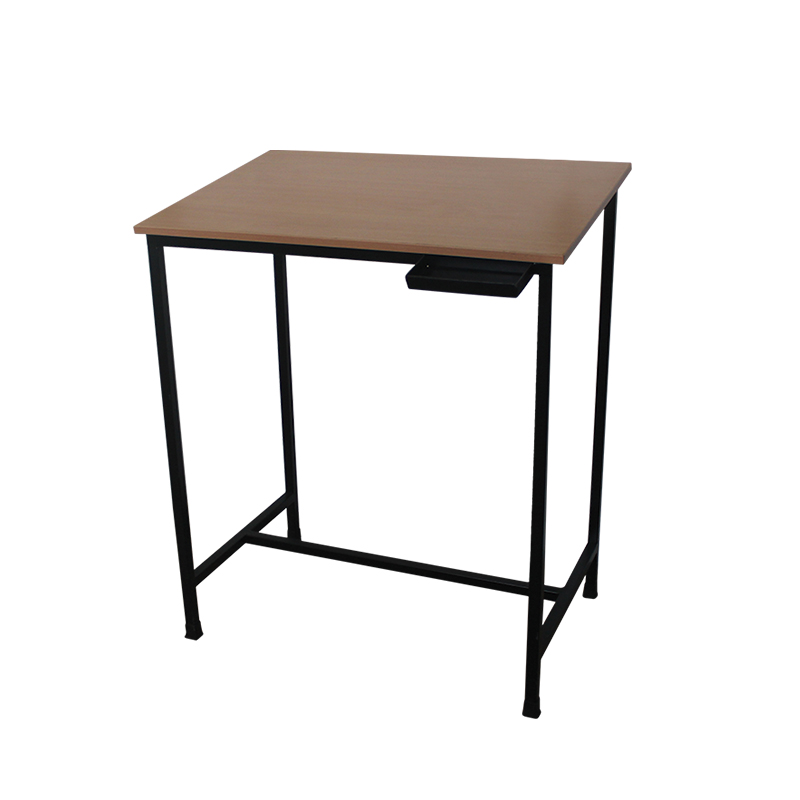
Exclusive Range of Classroom Furnitures from Inspace Furniture Solutions
Disinfection Your School Lab Furniture: The Steps Involved
To devise a proper plan to disinfect your school lab furniture, you need to determine:
- Type and area of lab surfaces that require disinfection
- Number of frequently used objects and equipment
- Resources needed to resume lab work
- Availability of cleaning materials and personal protective equipment
Once you have devised a plan based on these answers, you can commence the procedure. Ensure you use only EPA (Environmental Protection Agency) approved cleaning materials and Covid-19 disinfectants.
Ideally, all high-touch surfaces in a lab need to be cleaned and disinfected twice or thrice every day to keep the students safe from any infection. High-touch surfaces that pose COVID-19 risk in a laboratory include:
- Door handles
- Doorknobs
- Taps
- Cabinets
- Light switches
- Lab equipment
- Control pads
- Computer keyboards
- Incubator lids
- Chair armrests
- Baskets, bins, and trays
Under the current circumstances, you may need to reassess and revamp your sanitisation, disinfection, and hand-washing procedures. Always ensure an adequate supply of cleaning materials and PPE equipment for lab workers. Additionally, please ensure that all workstations are thoroughly disinfected with EPA or CDC-approved materials to reduce the risk of Covid-19 infection. However- a word of caution: Never mix cleaning or disinfecting products with bleach or other materials. When mixed, these chemicals can emit toxic vapours and cause mild to lethal health hazards for everyone within the lab’s vicinity.
Is Replacement An Only Option For Your Auditorium Chair?
Hear from the top industry experts in Tamil Nadu on why and when you should consider replacing your auditorium chair.
Always ensure the lab is constructed as per the guidelines and rules. Next, make sure all the countertop tables are placed flat on the ground. Proper placement will ensure that the table bears the uniform weight and does not topple over when used.
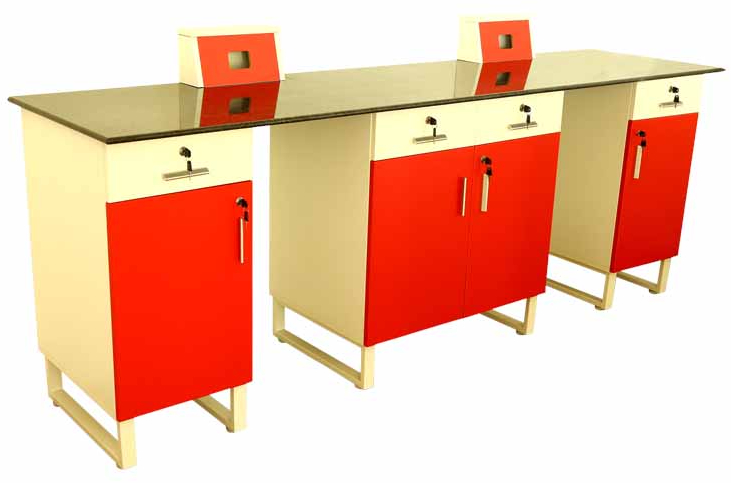
All labs need proper cabinets and shelves to store equipment, books, tools, chemicals, and whatever else is on the list. Adding storage solutions to your lab is the best way to eliminate clutter and maintain an organised environment. You can opt for:
- CPU holders
- Keyboard trays
- Pegboards
- Shelves and racks
- Glass cabinets
- Utility drawers
- Big sized cupboards
A lab, whether big or small, is a huge investment. Having the right school lab furniture and equipment are critical to providing a high-quality, safe space for your students. Inspace School Furniture in Tamil Nadu can provide you with all the furniture you need for your school laboratories. Our lab furniture is water and chemical resistant, durable, spacious, and aesthetically appealing. Our team can also give you the right guidance for lab furniture maintenance. Reach out to our experts today!

